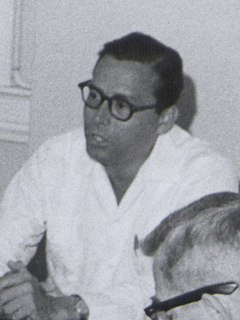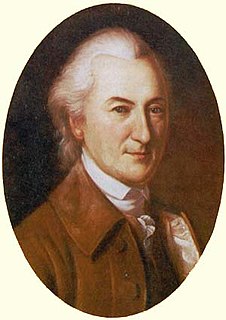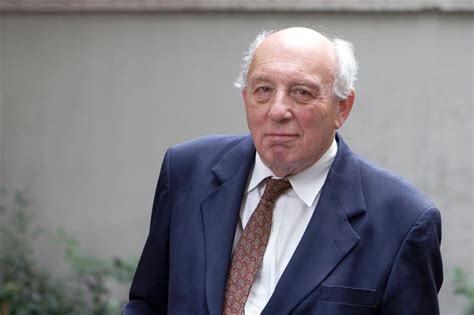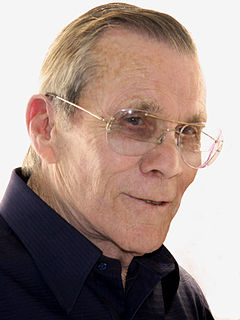A Quote by Lord Chesterfield
The herd of mankind can hardly be said to think; their notions are almost all adoptive; and, in general, I believe it is better that it should be so; as such common prejudices contribute more to order and quiet, than their own separate reasonings would do, uncultivated and unimproved as they are.
Related Quotes
Pure, hard-core liberals believe in a superior race. They think they're it. They believe they're more intelligent than the general run of mankind, better suited than the little people are to manage the little people's lives. They think they have the one true vision, the ability to solve all the moral dilemmas of the century. They prefer big government because that is the first step to totalitarianism, toward unquestioned rule by the elite. And of course they see themselves as the elite.
Instead of casting away all our old prejudices, we cherish them to a very considerable degree, and, to take more shame to ourselves, we cherish them because they are prejudices; and the longer they have lasted and the more generally they have prevailed, the more we cherish them. We are afraid to put men to live and trade each on his own private stock of reason; because we suspect that this stock in each man is small, and that the individuals would do better to avail themselves of the general bank and capital of nations and of ages.
The majority, being satisfied with the ways of mankind as they now are (for it is they who make them what they are), cannot comprehend why those ways should not be good enough for everybody; and what is more, spontaneity forms no part of the ideal of the majority of moral and social reformers, but is rather looked on with jealousy, as a troublesome and perhaps rebellious obstruction to the general acceptance of what these reformers, in their own judgment, think would be best for mankind.
I do believe that, where there is only a choice between cowardice and violence, I would advise violence. I would rather have India resort to arms in order to defend her honour than that she should, in a cowardly manner, become or remain a helpless witness to her own dishonour. But I believe that nonviolence is infinitely superior to violence, forgiveness is more manly than punishment.
There are some people who think that they should be always mourning, that they should put a continual constraint upon themselves, and feel a disgust for those amusements to which they are obliged to submit. For my own part, I confess that I know not how to conform myself to these rigid notions. I prefer something more simple, which I also think would be more pleasing to God.
I agree with you that it is important to examine our presuppositions, throughly and once for all, in order to establish something solid. For I hold that it is only when we can prove all that we bring forward that we perfectly understand the thing under consideration. I know that the common herd takes little pleasure in these researches, but I know also that the common herd take little pains thoroughly to understand things.
As in forming a political society, each individual contributes some of his rights, in order that he may, from a common stock of rights, derive greater benefits, than he could from merely his own; so, in forming a confederation, each political society should contribute such a share of their rights, as will, from a common stock of these rights, produce the largest quantity of benefits for them.
As a man of pleasure, by a vain attempt to be more happy than any man can be, is often more miserable than most men are, so the sceptic, in a vain attempt to be wise beyond what is permitted to man, plunges into a darkness more deplorable, and a blindness more incurable than that of the common herd, whom he despises, and would fain instruct.
I believe order is better than chaos, creation better than destruction. I prefer gentleness to violence, forgiveness to vendetta. On the whole I think that knowledge is preferable to ignorance, and I am sure that human sympathy is more valuable than ideology. I believe that in spite of the recent triumphs of science, men haven't changed much in the last two thousand years; and in consequence we must try to learn from history.
There are innumerable instances suggesting that modern intellectuals do not believe themselves, that they don't really believe what they say, that they say certain things only in order to assure themselves that they possess opinions and ideas that are different from those that are entertained by the common herd of men.
We've increasingly lost that sense of community, of the notion that there is something we contribute to and benefit from that is called the common good. I think I would date the beginnings of that loss to the Reagan administration and to the notion that somehow we were all separate individuals who only ought to be interested in ourselves.



































